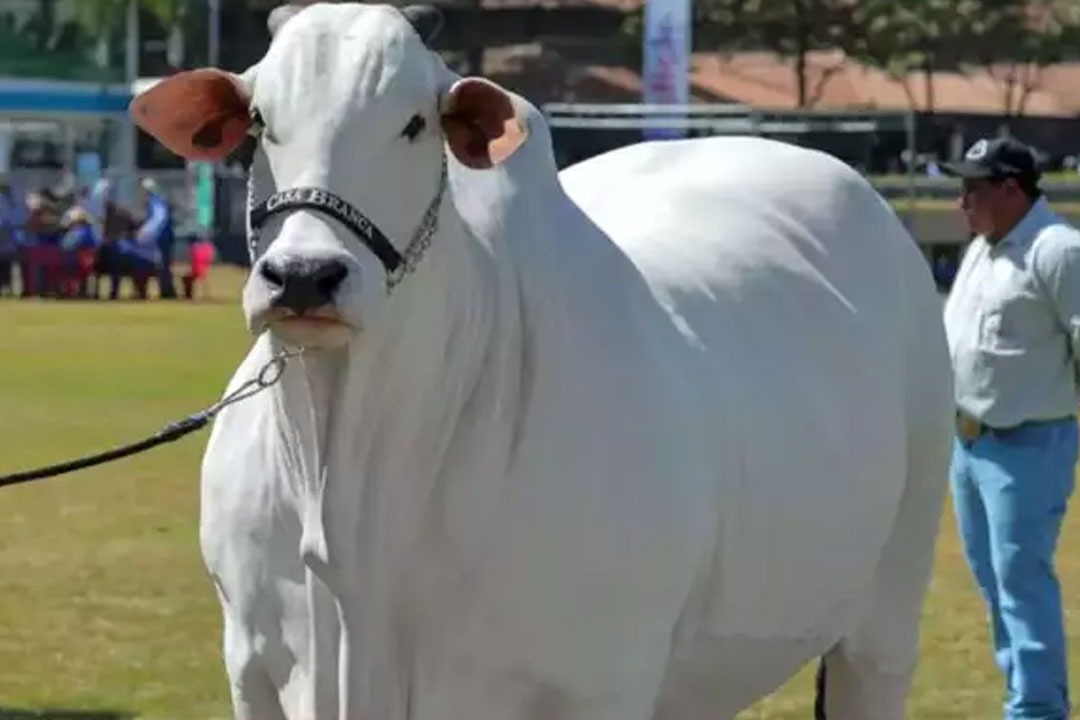National Fish Farmer’s Day, celebrated annually on July 10, is a significant occasion to recognize and appreciate the invaluable contributions of fish farmers, aquaculture industry professionals, and other stakeholders who play a crucial role in ensuring a sustainable and thriving fisheries sector. This day not only highlights the achievements and hard work of those involved in the aquaculture industry but also underscores the importance of fish farming in India’s economy and food security.
Genesis of National Fish Farmer’s Day
National Fish Farmer’s Day commemorates the remarkable success of two Indian scientists, Dr. K. H. Alikunhi and Dr. H. L. Chaudhury, who achieved induced breeding of the Indian Major Carps on July 10, 1957. Their pioneering work laid the foundation for the Blue Revolution in India, transforming the fisheries sector and making India one of the leading fish-producing nations in the world.
Significance of Fish Farming in India
India boasts an extensive coastline of over 7,500 kilometers and numerous rivers, lakes, and ponds, providing immense potential for fish farming. The fisheries and aquaculture sector plays a vital role in the country’s economy, contributing significantly to employment, livelihood, and food security. Fish farming has emerged as a sustainable means of food production, providing high-quality protein and essential nutrients to millions of people.
The sector also supports the livelihoods of over 14 million fishers and fish farmers, making it a crucial component of rural development. Furthermore, India ranks second in global fish production, with an annual production of over 14 million metric tons. This remarkable achievement is largely due to the dedication and hard work of fish farmers and industry professionals.
Innovations and Sustainable Practices in Aquaculture
To ensure the sustainability and growth of the fisheries sector, numerous innovative practices and technologies have been adopted. Sustainable aquaculture practices, such as integrated multi-trophic aquaculture, biofloc technology, and recirculating aquaculture systems, have been introduced to enhance productivity while minimizing environmental impact.
Moreover, government initiatives like the Pradhan Mantri Matsya Sampada Yojana (PMMSY) aim to boost fish production and improve the livelihoods of fish farmers. The scheme focuses on creating infrastructure, promoting modern aquaculture practices, and ensuring sustainable development of the fisheries sector.
Challenges Faced by Fish Farmers
Despite the significant progress, fish farmers in India face several challenges. Climate change, water pollution, and overfishing pose threats to the sustainability of fish farming. Additionally, inadequate access to credit, high input costs, and lack of proper infrastructure can hinder the growth of the sector.
Addressing these challenges requires a collaborative effort from the government, industry stakeholders, and research institutions. Providing fish farmers with training, financial support, and access to modern technologies is essential to ensure the long-term sustainability and growth of the fisheries sector.
Conclusion
National Fish Farmer’s Day is an opportunity to honor and celebrate the tireless efforts of fish farmers and industry professionals who contribute to India’s Blue Revolution. Their dedication and hard work have transformed the fisheries sector, making it a cornerstone of the country’s economy and food security.
As we commemorate this day, let us pledge to support and empower our fish farmers, promote sustainable aquaculture practices, and work together to overcome the challenges faced by the sector. By doing so, we can ensure a prosperous and thriving future for India’s fisheries and aquaculture industry.
Also Read: Celebrating National Kitten Day: Top Ten Weird and Unique Cat Breeds











